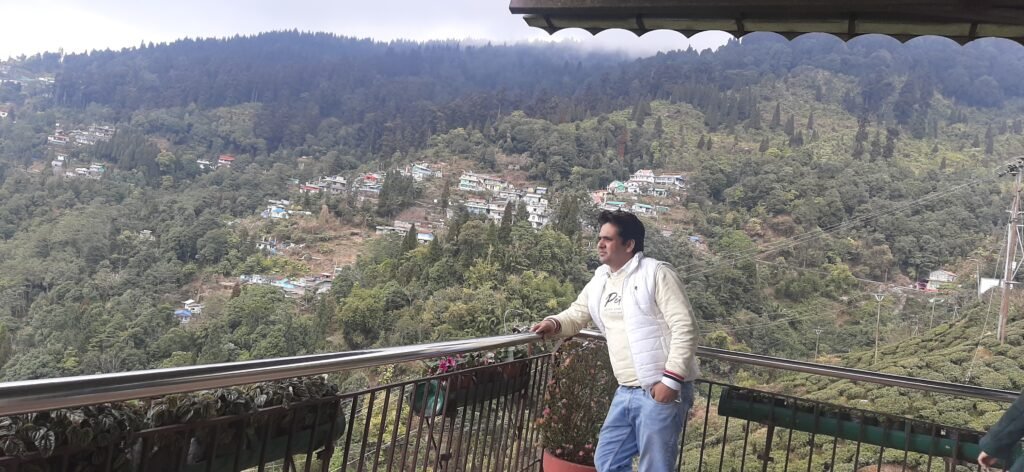The world of tea is not just a beverage; it’s a vast and intricate industry that spans continents, cultures, and tastes. Tea Business Segmentation is a crucial aspect of understanding the diverse landscape of this industry, from plantations to retail shelves. In this article, we’ll dive deep into the various segments that make up the tea business, exploring the intricacies, challenges, and opportunities that each brings. So, whether you’re a tea enthusiast, entrepreneur, or simply curious, join us on this journey through the multifaceted world of tea commerce. Tea Business Segment: Navigating the Diverse Landscape of Tea Industry

- Tea Business Segmentation: An Overview
- Exploring the Tea Plantation and Cultivation Segment
- Tea Processing: From Leaves to Infusions
- Packaging and Distribution: Bringing Tea to Market
- Retail and Consumer Channels: From Shops to Online Stores
- Specialty and Artisanal Teas: Niche Delights
- Tea Blending and Flavoring: Crafting Unique Profiles
- Health and Wellness Teas: A Growing Trend
- Tea Accessories and Merchandise: Beyond the Leaves
- Global Trade and Export: Connecting Nations
- Sustainability and Ethical Practices: Greening the Industry
- Innovation and Technology: Modernizing Tradition
- Marketing and Branding: Storytelling with Sip
- Cultural Appreciation: Tea Ceremonies and Experiences
- FAQs: Navigating the Tea Business Landscape
Tea Business Segmentation: An Overview
Tea business segmentation involves categorizing various aspects of the tea industry to understand its nuances and cater to diverse consumer preferences.
Exploring the Tea Plantation and Cultivation Segment
The cultivation of tea plants is where the journey begins. From traditional plantations to innovative techniques, this segment lays the foundation for quality teas.
Tea Processing: From Leaves to Infusions
Tea processing transforms plucked leaves into the aromatic, flavorful infusions that we enjoy. This stage greatly influences the tea’s final characteristics.
Packaging and Distribution: Bringing Tea to Market
Packaging and distribution strategies are essential to ensure that tea reaches consumers in optimal condition, preserving its freshness and flavor.
Retail and Consumer Channels: From Shops to Online Stores
Tea is sold through a variety of channels, including physical shops, specialty boutiques, and online platforms, each catering to different customer preferences.
Specialty and Artisanal Teas: Niche Delights
Specialty and artisanal teas cater to discerning palates, offering unique flavor profiles and limited batches that showcase the tea maker’s expertise.
Tea Blending and Flavoring: Crafting Unique Profiles
Tea blending involves combining different tea varieties and ingredients to create new flavors, expanding the range of options available to consumers.
Health and Wellness Teas: A Growing Trend
The health benefits of tea have led to the rise of wellness-focused teas, addressing various health concerns and promoting overall well-being.
Tea Accessories and Merchandise: Beyond the Leaves
Tea accessories and merchandise enhance the tea-drinking experience, ranging from elegant teapots to stylish cups and infusers.
Global Trade and Export: Connecting Nations
Tea is a globally traded commodity, with exporting countries playing a significant role in supplying the demand for this beloved beverage.
Sustainability and Ethical Practices: Greening the Industry
Sustainability initiatives and ethical practices are gaining traction in the tea industry, addressing environmental and social concerns.
Innovation and Technology: Modernizing Tradition
Innovation and technology are reshaping the tea industry, from mechanized processing to online tea subscriptions, offering convenience to consumers.
Marketing and Branding: Storytelling with Sip
Effective marketing and branding strategies help tea companies tell their unique stories and connect with consumers on a personal level.
Cultural Appreciation: Tea Ceremonies and Experiences
Cultural appreciation involves celebrating the diverse tea traditions around the world, offering immersive experiences to tea enthusiasts.
FAQs: Navigating the Tea Business Landscape
- What are some of the most popular types of specialty teas? Some popular specialty teas include matcha, oolong, white tea, and herbal blends.
- How can I ensure the quality of the tea I purchase online? Look for reputable sellers, read customer reviews, and check for information about the tea’s origin and processing.
- Are sustainable practices common in the tea industry? Sustainability is gaining importance in the tea industry, with many companies adopting eco-friendly practices.
- Can I start a small tea business without a tea plantation? Absolutely. Many successful tea businesses focus on sourcing and blending quality teas rather than cultivation.
- What role does cultural heritage play in the tea business? Cultural heritage adds authenticity and storytelling value to tea brands, connecting consumers with the history of tea.
Contact Details:- 9499347308
Visit Our Site:-zirconshop.in
Official YouTube Channel For Business :- Zircon Blogs
